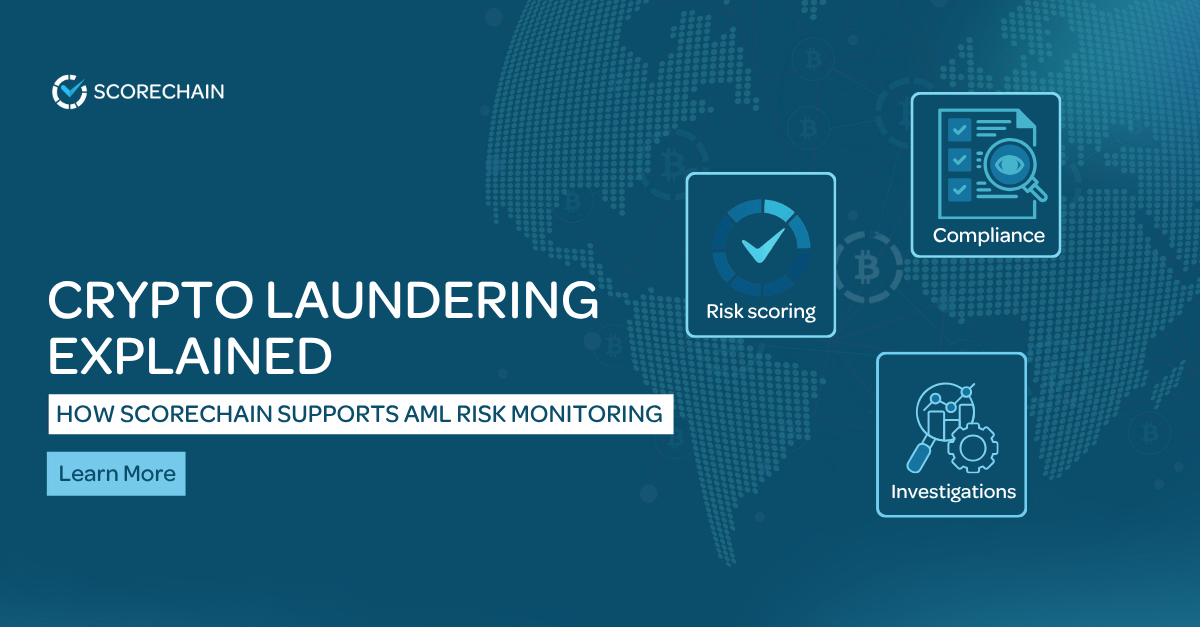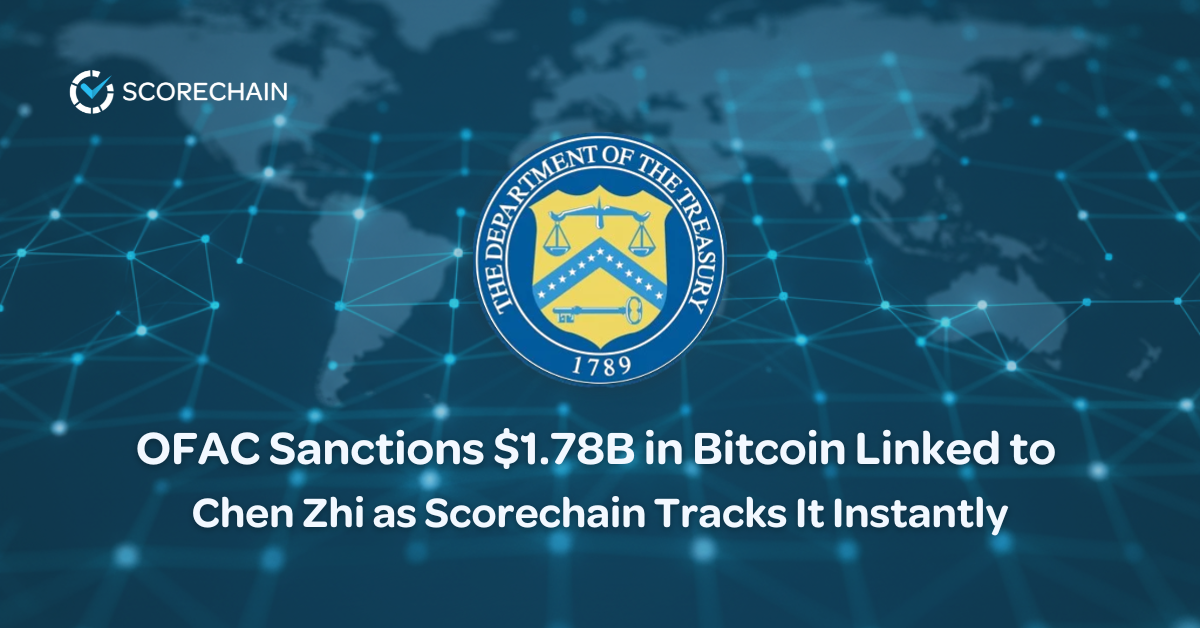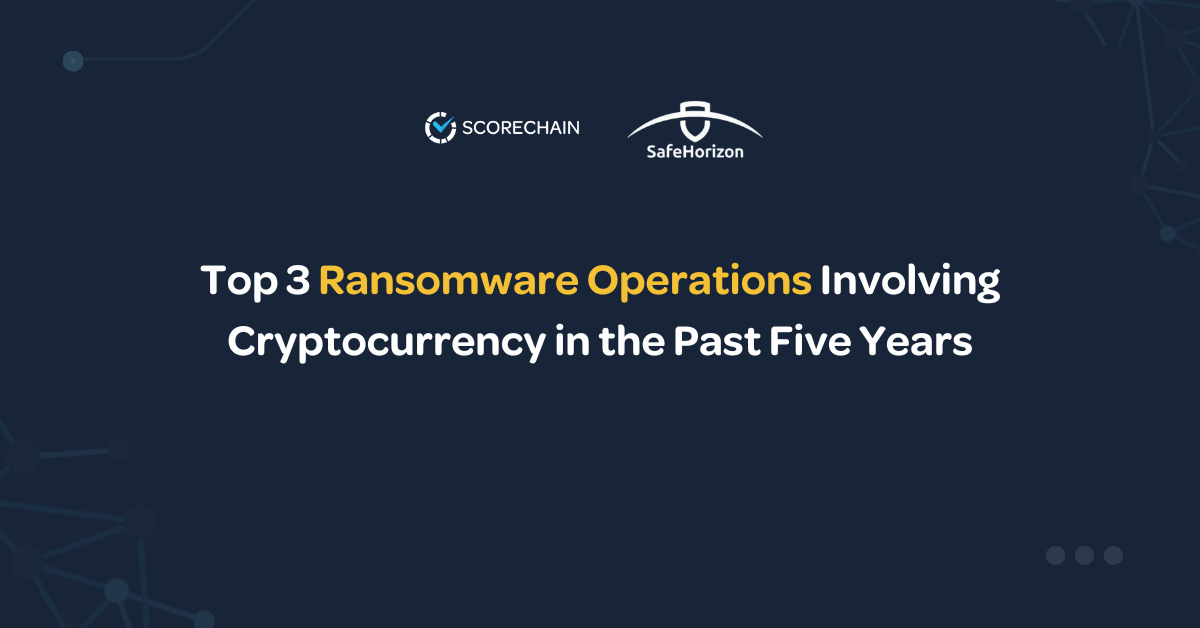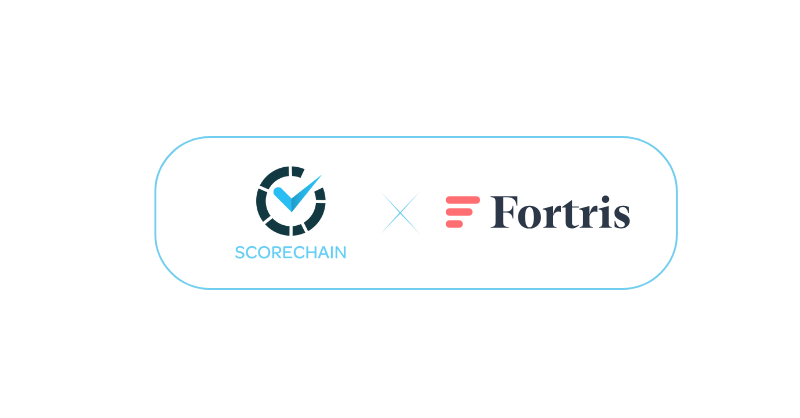The leader in transaction monitoring for Anti-Money Laundering and Counter-Terrorism Financing (AML/CTF) just published a comprehensive database of 700+ Virtual Asset Providers (VASP).
As a material outsourcing service provider, Scorechain’s role is to give Risk-AML information on digital assets transactions, addresses and wallets. The users of the platform - mainly cryptocurrency companies and financial institutions working with virtual assets owners or providing such services, can track the origin and destination of funds with a set of customized risk parameters to be alerted in case of any suspicious activity.
Scorechain has developed a transparent risk assessment methodology for analyzing VASPs risk-AML exposure since 2015. Today the company wants to provide more transparency to its users by publishing the Scorechain Entity Directory.
The Entity Directory aims to help users to get a better understanding of Scorechain screening on VASPs. Basically, Scorechain users have comprehensive data on entities when it comes to the credibility of a VASP assessment, Scorechain default Risk-AML assessment, and of course easy extra due diligence performance on a VASP in order to customize its own Risk Scoring.
FATF’s latest recommendations and recent discussions with worldwide regulators led the Scorechain product team to provide as much transparency as possible to users when it comes to the risk-based approach definition.
Digital assets companies need indeed to perform risk analysis on their counterparties to mitigate money laundering and terrorism financing risks.
This new product is free and included in Scorechain users' license plan. 'Transparency is key. We want our users to make the best of Scorechain and to guide them in their compliance journey. Having the Entity Directory free of charge is the proof we want them to succeed to implement efficient and strong internal control policies', adds Lisa Boussard, Head of Marketing.
Today Scorechain entity Directory provides 700+ VASP Risk-AML assessment with critical data such as:
- general information on a VASP
- its risk assessment analysis (regarding transactions allowed such as Peer-to-peer trades, anonymous coins, security breach, and more)
- onboarding policies and jurisdiction registration with regulation information (such as KYC levels and policies, enhanced due diligence, and more).
Compliance and data quality leader Andreas Tampakas says: 'The Scorechain Entity Directory answers our customers' need to get a holistic compliance approach. That's why we take into account multiple risk categories such as jurisdiction risk, compliance risk and the exposure to potential security risks'.
While Scorechain can name more than 55,000 entities distributed among different types (e.g. exchanges, services, decentralized exchanges, hack, darkweb, etc.) which represent hundreds of millions of blockchain addresses, the Entity Directory will grow daily to provide data for named entities. The data quality and compliance team today perform a quarterly review on named entities to adjust the Risk-AML scoring when necessary.
About Scorechain:
Scorechain is a Risk-AML software provider for cryptocurrencies and digital assets. As a European leader in crypto compliance since 2015, the Luxembourgish company serves worldwide customers in 29 different countries with more than 150 licenses established, ranging from cryptocurrency businesses to financial institutions with crypto trading, custody branch, digital assets customers onboarding, audit and law firms and some LEAs.
Scorechain solution supports Bitcoin analytics with Lightning Network, Ethereum analytics with all ERC20 tokens and stablecoins, Litecoin, Bitcoin Cash, Dash, XRP Ledger and Tezos. The software is able to de-anonymize the Blockchain data and connect with sanction lists in order to provide a risk scoring on digital assets transactions, addresses and entities. The risk assessment methodology applied by Scorechain has been verified and can be fully customizable in order to fit all jurisdictions. 300+ risk-AML scenarios are provided to its customers with a wide range of risk indicators so businesses under the scope of the crypto regulation can report suspicious activity to authorities with enhanced due diligence.
.png)



















